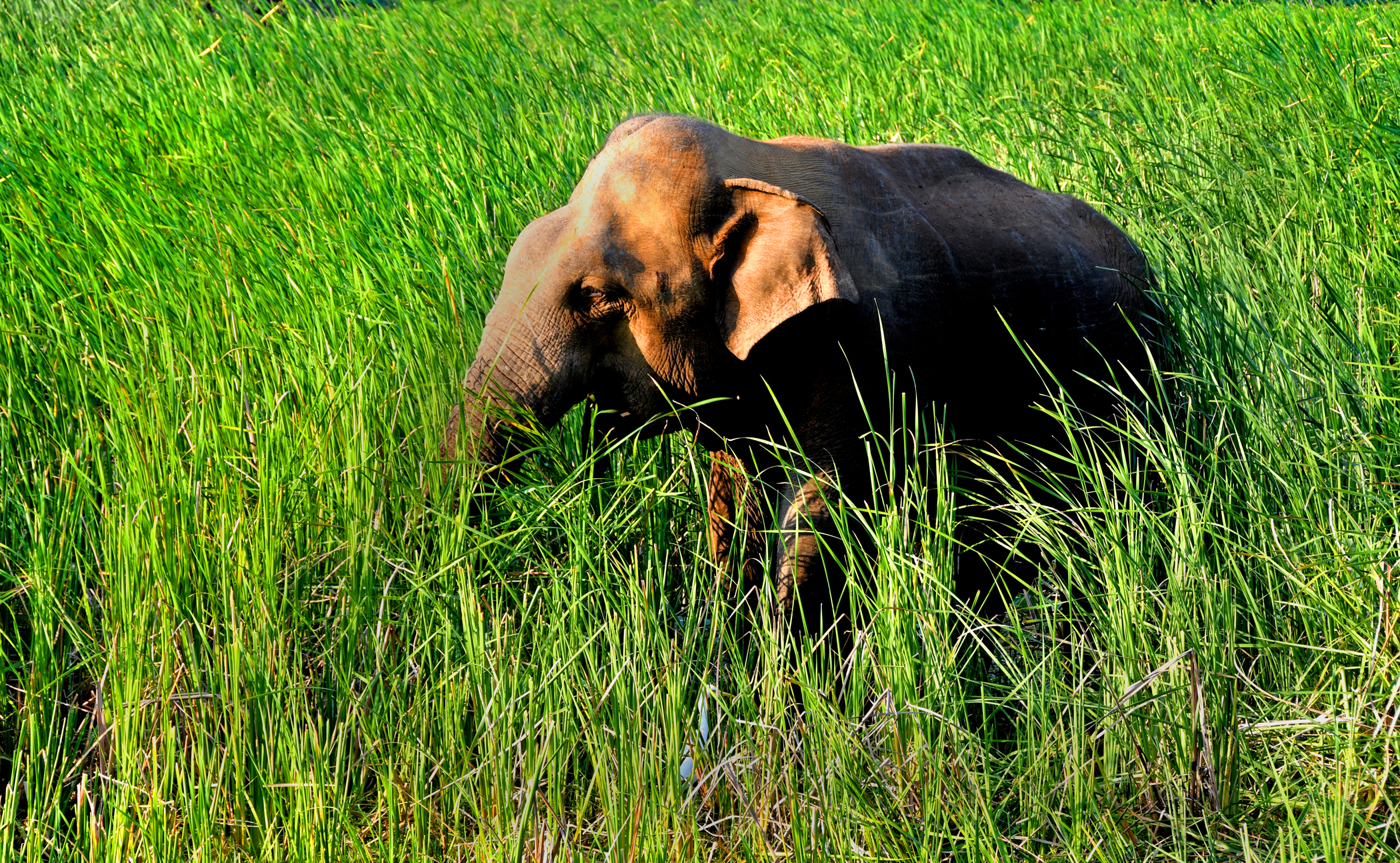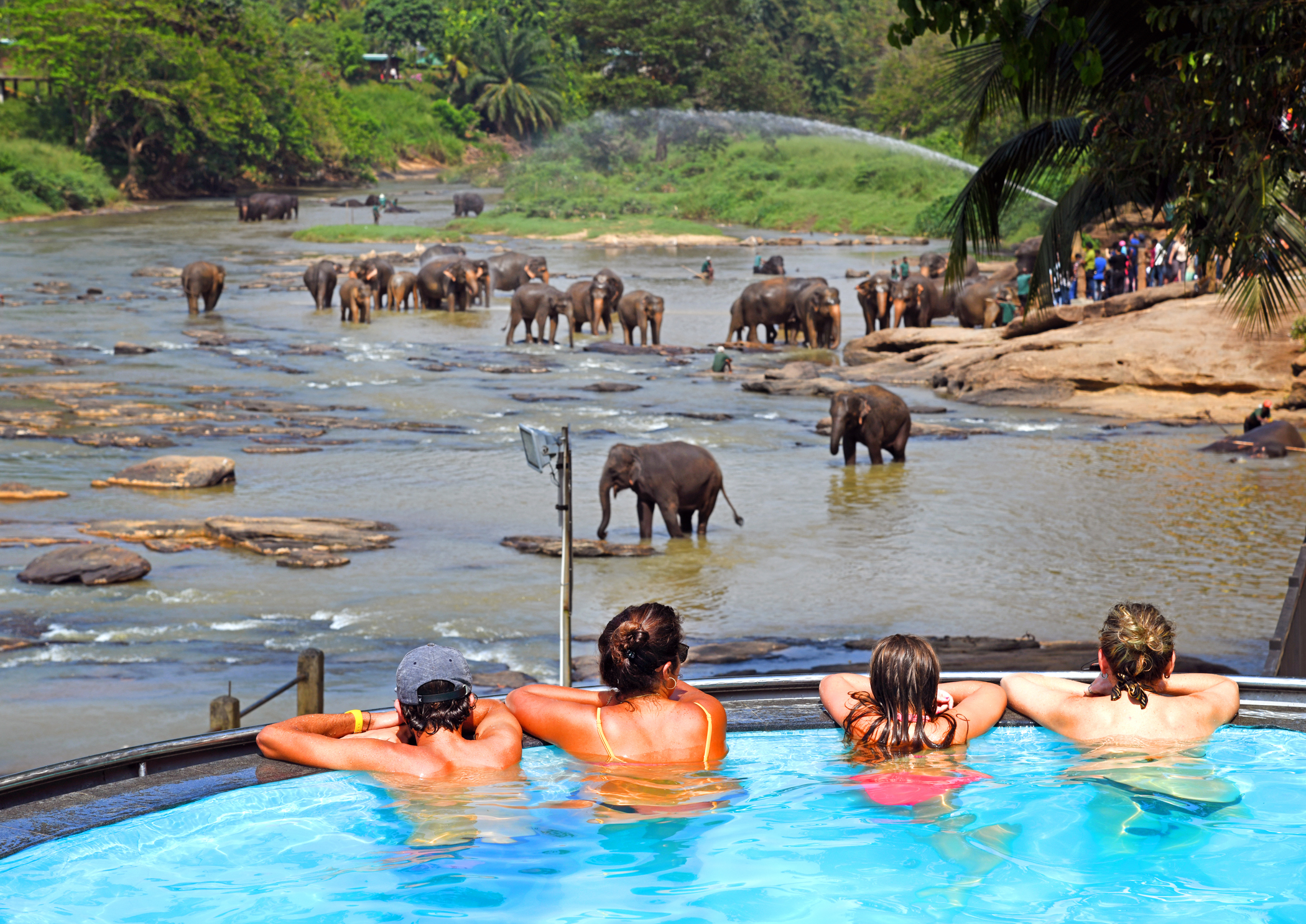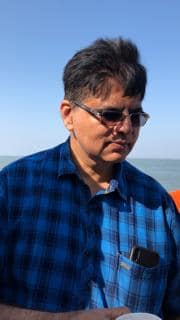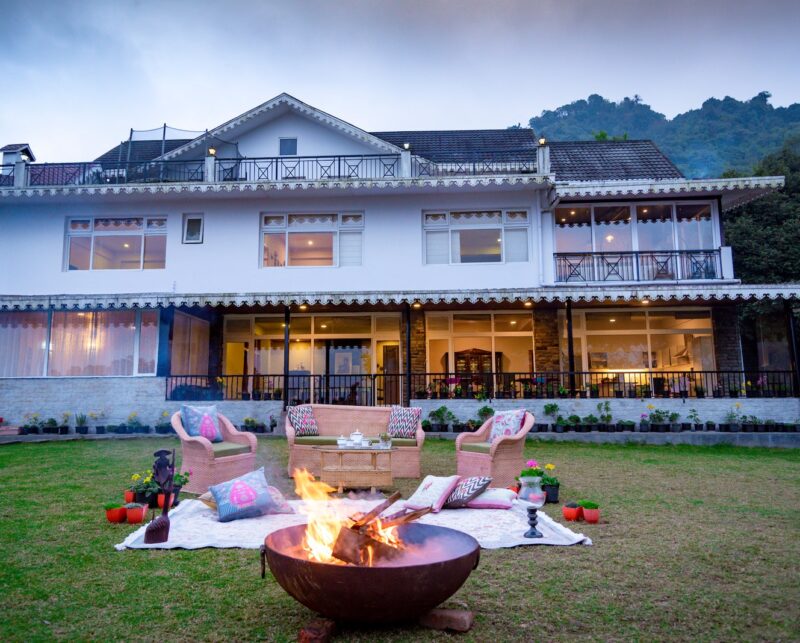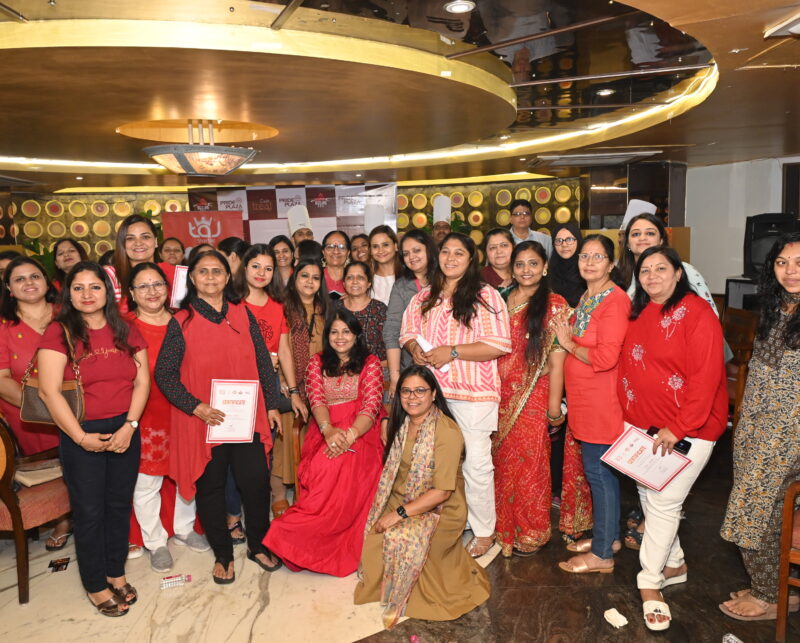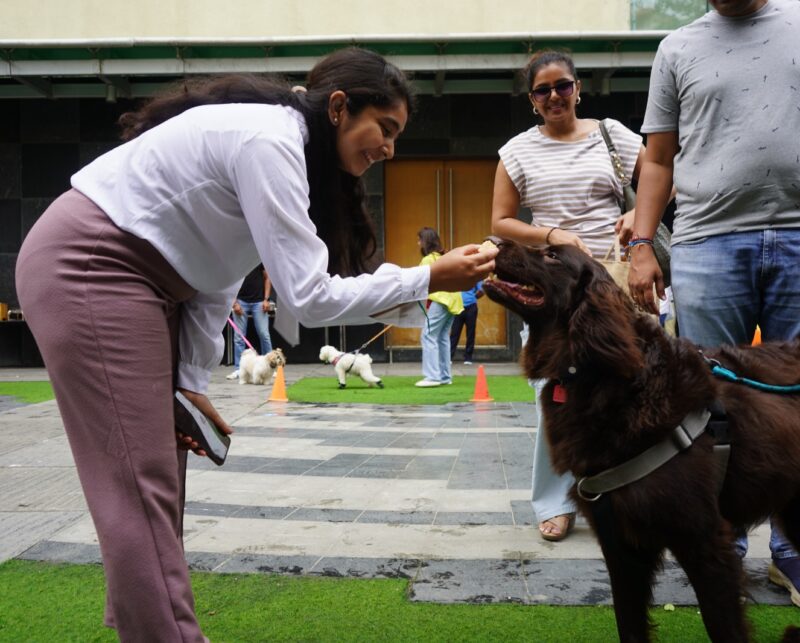The Sri Lankan Elephant is one of the three sub-species of Asiatic elephants. Asiatic elephants are declared as endangered by IUCN. The top habitats of Sri Lankan elephants are Udawalawe National Park, Yala National Park, Lunugamvehera National Park, Wilpattu National Park, and Minneriya National Park. Besides Sri Lankan Elephant, Sri Lanka is an excellent destination for seeing many wildlife species, including the Blue Whale, Leopard and Sloth Bear, many endemic mammals, birds and reptiles, and marine life.
We look at a few top sites for wildlife tourism in Sri Lanka.
ELEPHANT GATHERING IN CENTRAL SRI LANKA
Minneriya Tank, one of the numerous tanks built by King Mahsena who ruled Sri Lanka from 277 to 304 AD. The subjects living in his capital city of Anuradhapuram called him Minneri Deviyo (God of Minneriya) because of this tank which helped create an irrigation paradise in Sri Lanka. The irrigation network supported the growth of Trincomalee harbor which became one of the busiest in South Asia with the opening of trade with the East Asian countries.
Today, Minneriya is a pilgrimage of a different kind – one that wildlife enthusiasts and photographers make between July and October to see the Great Elephant Gathering, one of the best natural events to photograph wild Asiatic elephants. The best time to visit Minneriya and Kaudulla National Park is during the July to October season when elephants gather to drink water, bathe and feed on the fresh grasses along the lakeshores. The deciduous and semi-evergreen forests with rosewood, satinwood and other trees are also good to watch primates like the Tufted Grey Langur and Toque Macaque. Minneriya forms part of the elephant corridor that joins up with Kaudulla and Wasgomuwa national park. Apart from the elephants, the tank is also excellent for watching birds.
Travel from here to the Hill Country – Horton Plains National Park justly famous for fabulous views, the rainforests of Sinharaja Forest Reserve and the Uda Walawe National Park are among the main attractions for wildlife buffs. Uda Walawe National Park is a round-the-year elephant paradise. Herds of elephant can be seen, and leopard and sloth bear are also possible sightings.
The Udawalawe Elephant Transit Centre is a rehabilitation centre, where orphaned elephant calves are houses till they are old enough for release into the wild.
BIG MAMMAL SPOTTING AT YALA NATIONAL PARK
Travelling south from the hills to the sea coast, you come to Yala National Park, Sri Lanka’s best known wildlife reserve and one of the top places in the world for leopard spotting. The jeep safari takes you past scrub, light forest, grassy plains and brackish lagoons very rich in wildlife including mammals, birds and reptiles. Considered one of the best places in the world for leopard spotting, Yala is also good for elephant, sloth bear, deer, primates and lesser cats. It is also a birdwatching paradise. The park also has a coastal area where there are salt-water crocodiles. Sea turtles visit the beaches.
WHALE WATCHING AT MIRISSA
Travel along the coast from Yala to Mirissa, one of the world’s best places to watch whales. Mirissa came into spotlight of marine mammal watching tourism when it was discovered by a biologist Dr Anderson that whales migrated from the Bay of Bengal to the Arabian Sea passing Sri Lanka. The top site for spotting whales is Dondra Point where the Sri Lankan Continental Shelf is narrow creating an ideal whale habitat with low ocean depths just a short distance from the shore.
Boats take you out on the open sea where you could see Blue Whale which is the largest of all mammals, Sperm Whale and other species like Bryde’s Whale and Fin Whale. Look for dolphins too – Bottle nosed Dolphin, Spinner Dolphin, Risso’s Dolphin & even the Stripped Dolphin could be seen in Mirissa.
SEA TURTLE RESCUE CENTRES
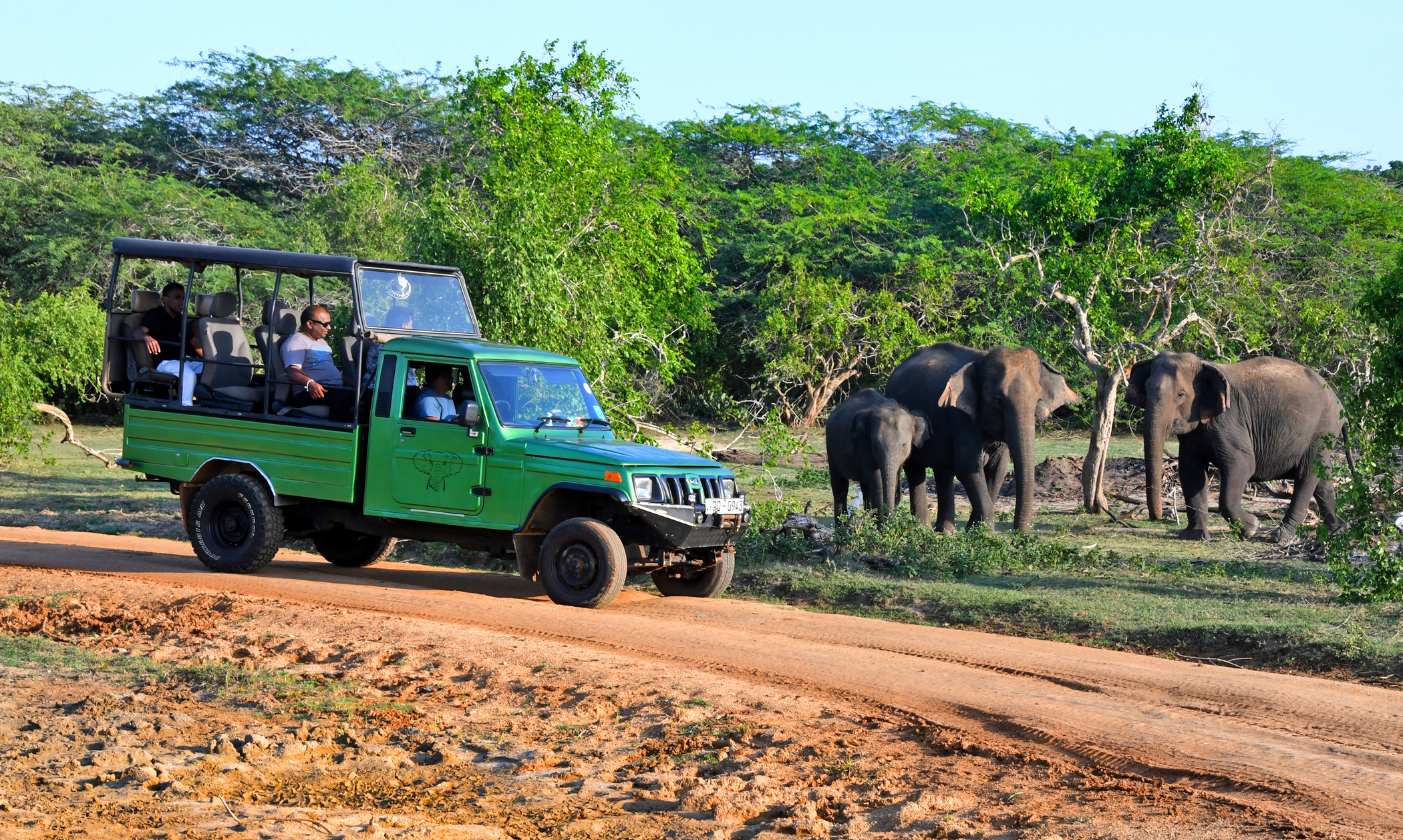
As you take the road from Mirrisa to Colombo you can visit a number of places working for sea turtle rescue and conservation. Five of the eight species of sea turtles in the world come to the beaches on the Sri Lankan coast to nest – Green Sea Turtle and Olive Ridley are the most commonly seen, but the massive Leatherback Turtle, the Hawksbill and the Loggerhead also come to the beaches. These marine turtles are slaughtered for their flesh and their eggs are also in demand. Nylon fishing nets are lethal for marine turtles, causing injury (I had seen one at a rescue centre of Bentota that had lost all its four legs) or even death. Marine pollution is taking its toll on the turtles. Beach resorts with their bright lights are also disturbing turtle nesting activities. Turtle hatcheries can be visited at Kosgoda and turtle conservation centres can also be visited at the popular Bentota Beach.
THE ELEPHANT ORPHANAGE
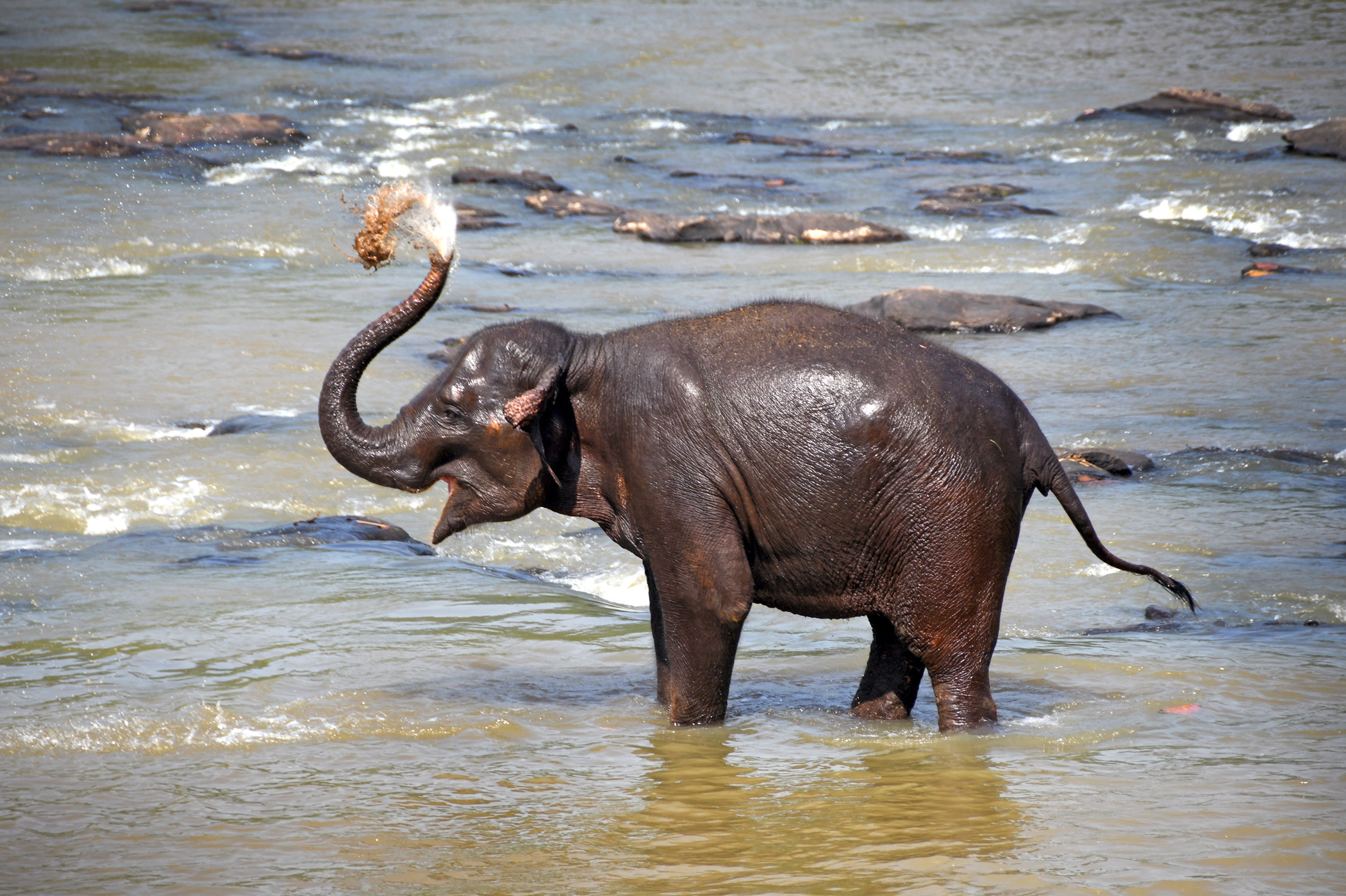
From Colombo, the highway to Kandy leads past the Pinnawala Elephant Orphanage which takes care of orphaned unweaned wild elephants found in the forests. A coconut plantation adjacent to the Maha Oya River has become home to these elephants. The female and young elephants in Pinnawala range freely as a herd during the day, but the best place to see the herds is at the river where they are brought for bathing. While Pinnawala works for wild elephants Millennium Elephant Foundation (MEF) is a family run non-government organization (NGO) that is dedicated to improving the welfare of domestic elephants in Sri Lanka. You can walk with an elephant and bathe it too.
Elephant dung paper products are a popular souvenir at Pinnawala.


